Photo: Ankara/AA
Click to read the article in Turkish / Kurdish
The reproduction rate of the new coronavirus outbreak in Turkey has decreased below the critical treshold, Health Minister Fahrettin Koca announced today (May 20) at a news conference in Ankara, the capital.
The R0 value, also known as the reproduction number, dropped to 0.72, the minister said. The value has reduced by half over the past week as it was 1.56 on May 13 as stated by Koca. However, the number of coronavirus tests also decreased within this period.
The R number indicates the average number of people who will contract a contagious disease from a single person who has the disease. All countries aim to decrease the R0 value below 1, in another words, they aim to make an infected person transmit the virus to less than one person on average.
CLICK - What is 'R0' and Why is it Important?
Turkey also saw the lowest number of daily fatalities since late March as 23 people died of Covid-19 over the past 24 hours, bringing the tally to 4,222. The number of daily new coronavirus cases in dropped below 1,000 for the first time since March 25.
Here are today's numbers:
| Today | Yesterday | Total | |
| Cases | 972 | 1,022 | 152,587 |
| Deaths | 23 | 28 | 4,222 |
| Tests | 20,838 | 25,382 | 1,696,355 |
| Recoveries | 1,092 | 1,318 | 113,987 |
| ICU patients | 882 (-5) | ||
| Intubated patients | 445 (-10) |
CLICK - All Updates on Turkey's Coronavirus Tally
Since first appearing in China last December, the novel coronavirus causing the Covid-19 disease has spread to at least 188 countries and regions, with the US and Europe the hardest-hit territories.
The pandemic has killed over 320,000 people worldwide, with nearly five million confirmed cases, while recoveries have surpassed 1.8 million, according to figures compiled by Johns Hopkins University in the US.
(EKN/VK)




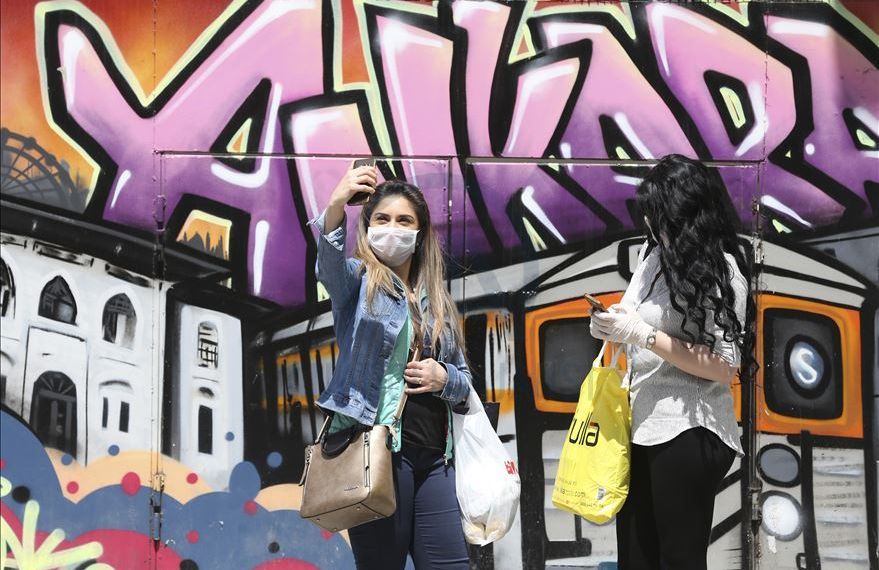
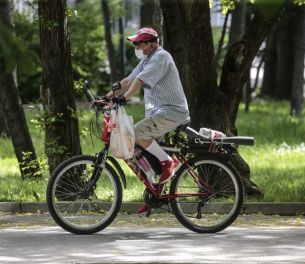
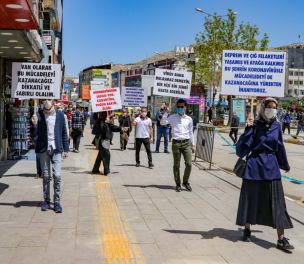
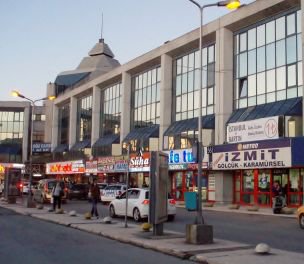

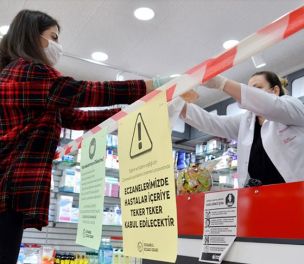
-132.jpg)